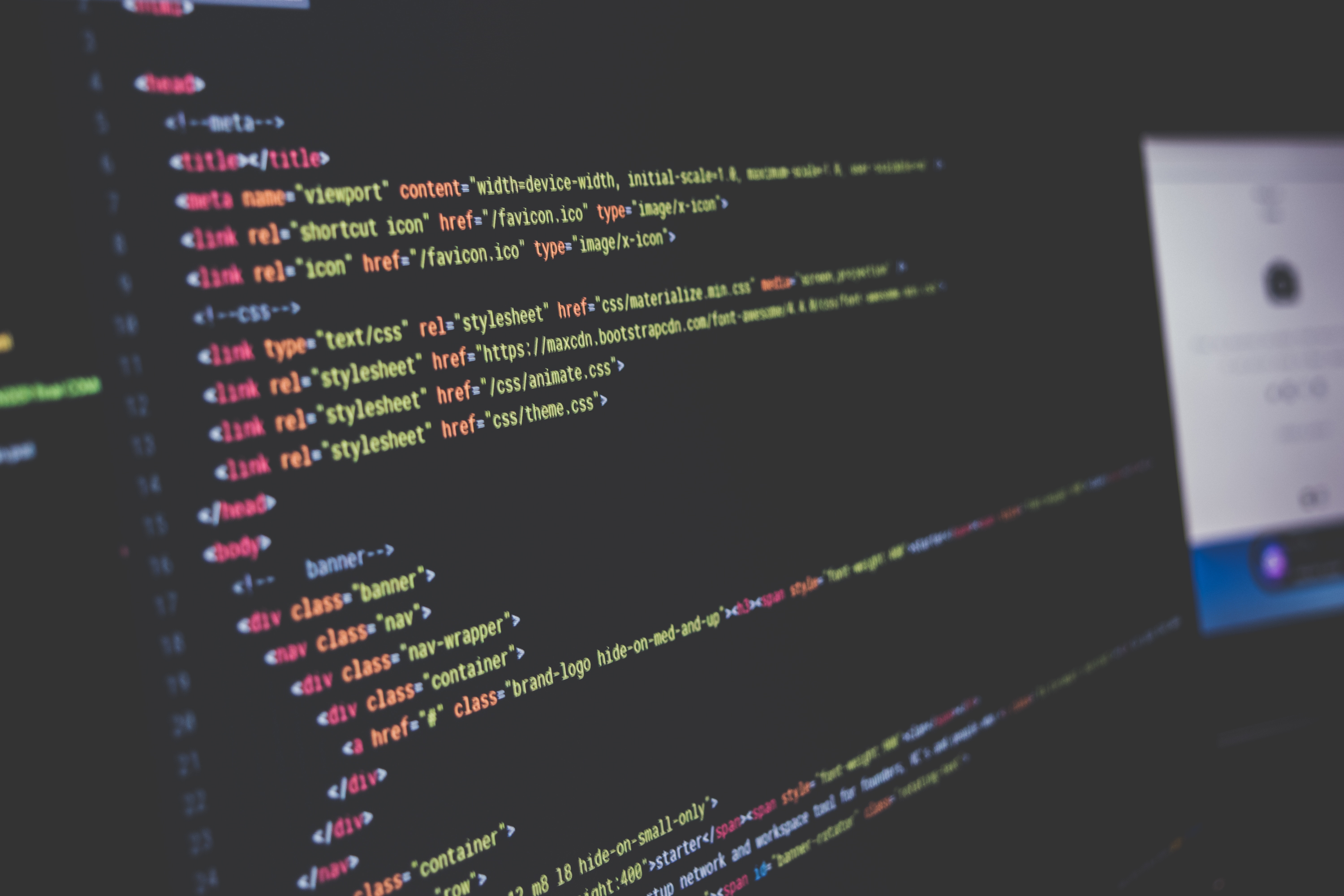Written By: William Keele and Brock Turville, Summer Student
As technology advances and grows, so does our fascination with artificial intelligence (A.I.). A.I., which is used in different technologies such as smartphones, video games, and even credit card fraud detection, is designed to think like a human, and respond to certain information. But what role could A.I. play in law, and more specifically, in the field of personal injury?
One of the most common proposed uses of A.I. in the personal injury field is to streamline insurance claims. Two insurances companies in particular have led the charge to date – Zurich Insurance and Fukoku Mutual Life Insurance.
Zurich Insurance
Zurich Insurance is implementing A.I. to speed up their personal injury claims process. The chairman of Zurich Insurance, Tom de Swaan, reported that A.I. technology has saved the company about 40,000 work hours and reduced the insurance claims process from hours to about five seconds.
Fukoku Mutual Life Insurance
In Japan, Fukoku Mutual Life Insurance also uses A.I. to process its insurance claims. The company began processing claims using A.I. in January 2017 and estimates it will save over $1.5 million per year.
Fokoku Mutual spent over $2 million to have IBM implement an A.I. system called “Watson Explorer”, which it believes will increase productivity by 30%. The system will be able to analyze and interpret data, including images, audio, and video. It will also be capable of quickly reading an individual’s medical documents, which can be hundreds of pages long, in order to calculate payouts.
A.I. has also been used to assist with preparing for litigation and researching relevant case law. This allows lawyers for the plaintiff and defendant to spend more time with the client and build their case.
On a smaller scale, start-up companies such as Lemonade and Tractable are making use of A.I. to help individuals file insurance claims. Tractable, based in London, England, uses A.I. to compare the photos of vehicle damage and judges the cost of repair.
Potential consequences of AI
While A.I. technology is continuously improving, there remains a risk of error. Personal injury claims can be very complex and it may not be possible to analyze and capture each unique case through an algorithm. The consequences could be especially dire for plaintiffs if A.I. miscalculates their claims and they are awarded less than they are entitled to. While the use of A.I. will result in increased efficiency as well as cost and time savings for insurance companies, it may also cost them through errors.
Another downside with A.I. technology is that it can reduce the number of jobs. For example, more than 30 employees were laid off with Fukoku Mutual Life Insurance after the A.I. technology was introduced.
While there are definite benefits to using A.I. to resolve claims sooner and ensure that injured individuals receive compensation quickly, issues of accuracy and reliability of A.I. technology must be kept in mind.






